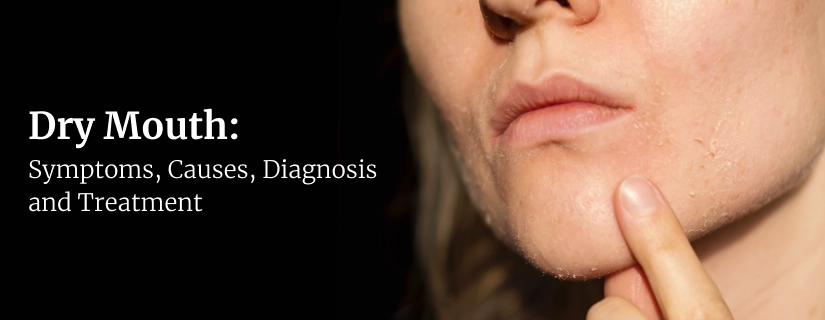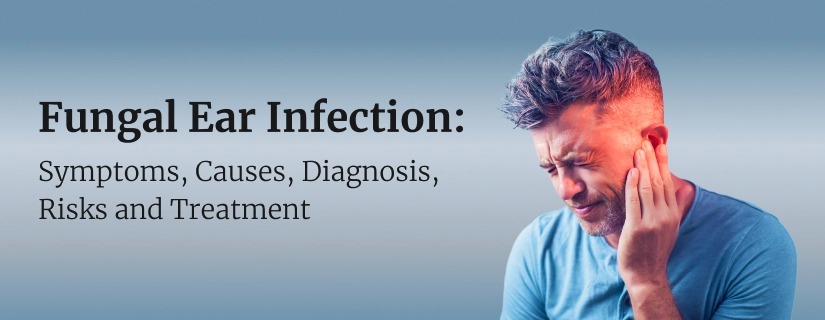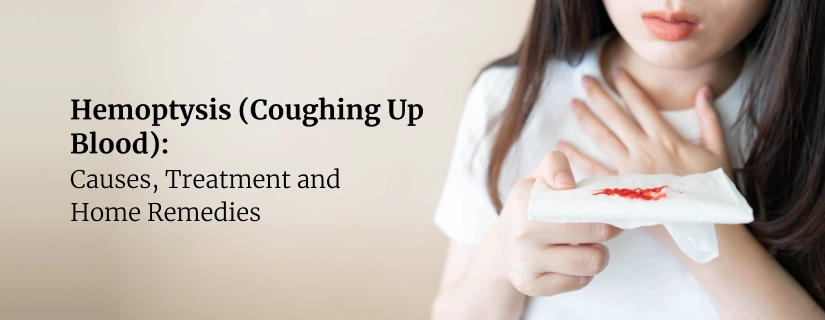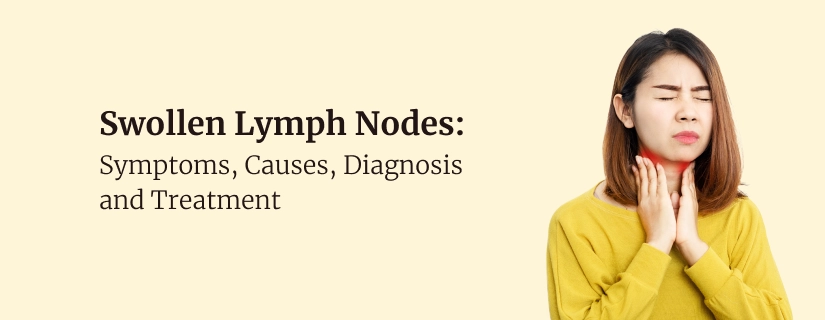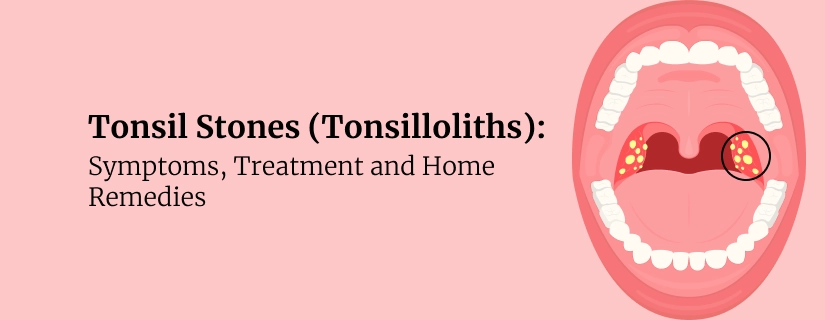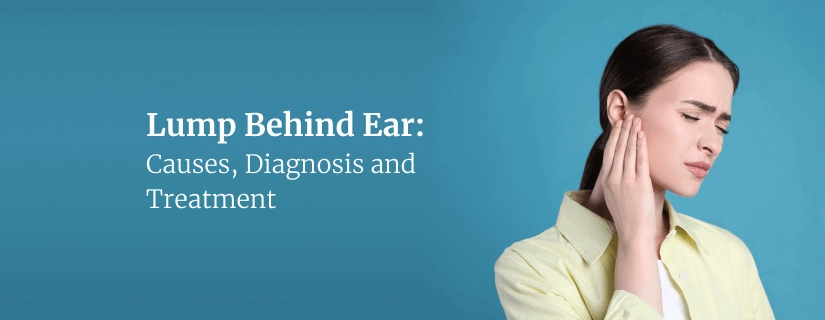-
Doctors
-
Specialities & Treatments
Centre of Excellence
Specialties
Treatments and Procedures
Hospitals & Directions HyderabadCARE Hospitals, Banjara Hills CARE Outpatient Centre, Banjara Hills CARE Hospitals, HITEC City CARE Hospitals, Nampally Gurunanak CARE Hospitals, Musheerabad CARE Hospitals Outpatient Centre, HITEC City CARE Hospitals, Malakpet
HyderabadCARE Hospitals, Banjara Hills CARE Outpatient Centre, Banjara Hills CARE Hospitals, HITEC City CARE Hospitals, Nampally Gurunanak CARE Hospitals, Musheerabad CARE Hospitals Outpatient Centre, HITEC City CARE Hospitals, Malakpet Raipur
Raipur
 Bhubaneswar
Bhubaneswar Visakhapatnam
Visakhapatnam
 Nagpur
Nagpur
 Indore
Indore
 Chh. Sambhajinagar
Chh. SambhajinagarClinics & Medical Centers
Book an AppointmentContact Us
Online Lab Reports
Book an Appointment
Consult Super-Specialist Doctors at CARE Hospitals
Tonsilitis – Symptoms, Causes and Treatment
Updated on 9 May 2023
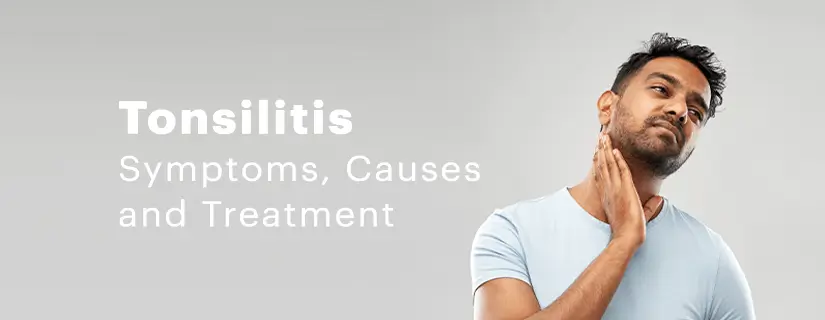
Tonsils are tissue pads that are oval-shaped and are located at the rear end of the throat. We have two tonsils, one on each side of the throat. Swollen tonsils, a painful throat, trouble swallowing, and sensitive lymph nodes on the right and left sides are all indicators of tonsillitis.
Although bacterial infections can also cause tonsillitis, common viral infections account for the majority of instances. It's critical to have a timely and precise diagnosis since the proper therapy for tonsillitis relies on the underlying cause. Surgery to remove the tonsils is now often only done when the infection is severe, recurrent, or causes other serious consequences.
Symptoms of Tonsillitis
Between the ages of six and mid-teens, children are most frequently affected by tonsillitis. The following are the symptoms of tonsillitis:
- Red & enlarged tonsils
- White or yellow deposits or spots on tonsils
- Difficulty swallowing or discomfort
- Fever
- A neck that is enlarged and painful
- Raspy, or scratchy voice
- Poor breath
- Stomach ache
- Neck discomfort or stiffness
- Headache
Tonsillitis symptoms in young children include:
- Uneasy stomach
- Vomiting
- Abdominal pain
- Drooling
- Unwillingness to consume or swallow
Causes of Tonsillitis
Tonsillitis occurs as a result of bacterial or viral infection. Streptococcus (strep) bacterium, which can also cause strep throat, is a frequent cause.
There are certain things that might increase your chance of developing tonsillitis:
- Age: Children, especially between ages 5 and 15 years old, and adults above 65 years of age are more susceptible to tonsillitis due to frequent bacterial infections. Young children are more likely to have viral tonsillitis.
- Exposure to germs: Children spend more time in groups with children of their own age at school or camp, hence they are more likely to transfer illnesses that cause tonsillitis. Teachers and other adults who often interact with young children may also be more susceptible to illness.
Diagnosis of Tonsillitis
Your physician will conduct a medical assessment. Your tonsils will be examined to see whether they are red, swollen, or covered in pus. Body temperature is also measured to check for fever. In addition to feeling the sides of your neck for deformation and soreness, they could check your ears and nose for indications of infection.
To determine the reason for your tonsillitis, tests may be required. They consist of:
- A Throat Sampler. Your doctor will check your throat cells and saliva for the presence of strep bacteria. They will clean the rear end of your throat using a cotton swab. While potentially unpleasant, this will not harm you. Typically, results are available in 10 to 15 minutes. Your doctor may occasionally request a two-day lab test as well. Your tonsillitis was most likely caused by a virus if these tests results are negative.
- Blood Analysis or Complete Blood Count (CBC): A blood test helps to identify the presence of any infection.
- Rash: Your doctor will examine you for scarlatina, a rash associated with strep throat.
Home Remedies
You may follow below home remedies for symptomatic relief:
- Get plenty of sleep.
- Drink warm or extremely cold liquids to ease throat discomfort.
- Consume smooth meals like applesauce, flavoured gelatins, and ice cream.
- Use a humidifier or cool-mist vaporizer in your room.
- Gargle with salt water
Seek medical help if your condition isn’t improving.
Treatment of Tonsillitis
Treatment for tonsillitis in adults depends on the underlying cause:
- Medication: You will receive antibiotics if your tests reveal a bacterial infection. Your doctor may provide these medications as a one-time injection or as tablets for you to take daily. Within two or three days, you'll start to feel better, but it's crucial to complete the course of your medication.
- Tonsillectomy: The doctor may recommend tonsillectomy - removing the tonsils in cases of chronic or recurring tonsillitis.
Conclusion
Tonsils can swell and cause sleep disturbances sometimes. The back of the tonsils or the surrounding tissue might be affected if it goes untreated. In such circumstances, consult a doctor immediately. Be safe and informed to avoid any further serious complications

ENQUIRY FORM
SELECT CATEGORIES
-
Neurosciences (16)
-
Neurology (37)
-
Neurosurgery (14)
-
Orthopaedics (48)
-
Oncology (33)
-
Obstetrics and gynecology (52)
-
Pulmonology (23)
-
Urology (20)
-
Nephrology (13)
-
Psychiatry (7)
-
Dietetics and Nutrition (111)
-
General Medicine (63)
-
Cardiac Sciences (32)
-
Vascular & Endovascular Surgery and Interventional Radiology (15)
-
Gastroenterology (46)
-
Endocrinology (23)
-
Plastic Surgery (10)
-
Critical Care Medicine (5)
-
COVID-19 (16)
-
Dermatology (16)
-
Emergency Care (1)
-
Ophthalmology (4)
-
Pediatrics (14)
-
Laparoscopic and Bariatric Surgery (8)
-
ENT (15)
-
Kidney Transplant (1)
-
Liver Transplantation and Hepatobiliary Surgery (5)
-
General Surgery (3)
-
Internal Medicine (5)
-
Medicine Information
To Hear For Life, Listen With Care: World Hearing Day 2022
All you need to know about Sinusitis
YOU MAY ALSO LIKE
RECENT BLOGS
-

Preterm Birth (Premature Birth): Symptoms, Causes, Treatment and Prevention
13 May 2025
Read More
-

Rotablation Angioplasty: Benefits, Treatments, And Recovery Time
9 May 2025
Read More
-

What Is The Difference Between IUI and IVF?
9 May 2025
Read More
-

Venous Malformations: Causes, Symptoms, and Treatment
30 April 2025
Read More
-

Varicose Vein Foam Sclerotherapy: Treatment, Benefits, and Procedure
30 April 2025
Read More
-

Radiofrequency (RF) Ablation Treatment for Varicose Veins: Know More
30 April 2025
Read More
-

Varicose Vein Sclerotherapy: Treatment, Benefits, and Procedure
30 April 2025
Read More
-

Varicose Vein Endovenous Laser Ablation: Procedure, Benefits, Risks
30 April 2025
Read More
Have a Question?
If you cannot find answers to your queries, please fill out the enquiry form or call the number below. We will contact you shortly.



